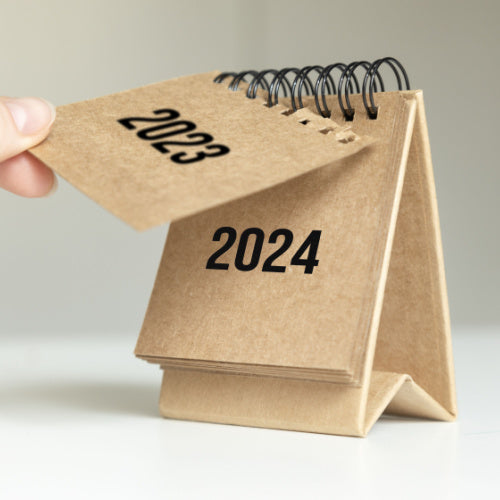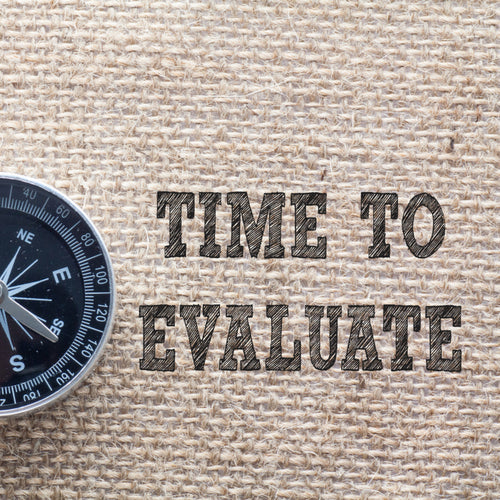How To Use Restorative Justice This Year
Behavior specialists Ryan Jeffery and Scot Edmonds will show you how to integrate restorative practices in your school culture.
What You'll Learn
- Why does restorative justice work so well this year?
- How does a pre-conference help a student recognize a relationship violation?
- How can you use the classroom circle to build relationships proactively?
- Can you hold students accountable for discipline violations without suspensions?
- What steps can you take to empower students to repair harm?
- What tools can you use to begin restorative practices in your school?
- How can you integrate restorative practices into what you’re already doing?
On-Demand
Regular price
$164.00
Regular price
Sale price
$164.00
Unit price
per
Couldn't load pickup availability

INFORMATION
Training Overview
Recommended Audience
Who Should Attend?
What's included
Training includes
- Certificate of Attendance
- All resources and training materials
- Sought-after PreK-12 behavior intervention trainer
- Coach in the public education community
- Interprets defiant behaviors
- Helps teachers gain student compliance with calm, confident, and consistent approaches to behavior
- Behavior intervention teacher
- 20+ years experience supporting students from high-risk populations
- Applied Behavior Analysis specialist
- Endorsement in Administration and Supervision and Master’s Degree in Education and Human Development: Serious Emotional Disabilities







